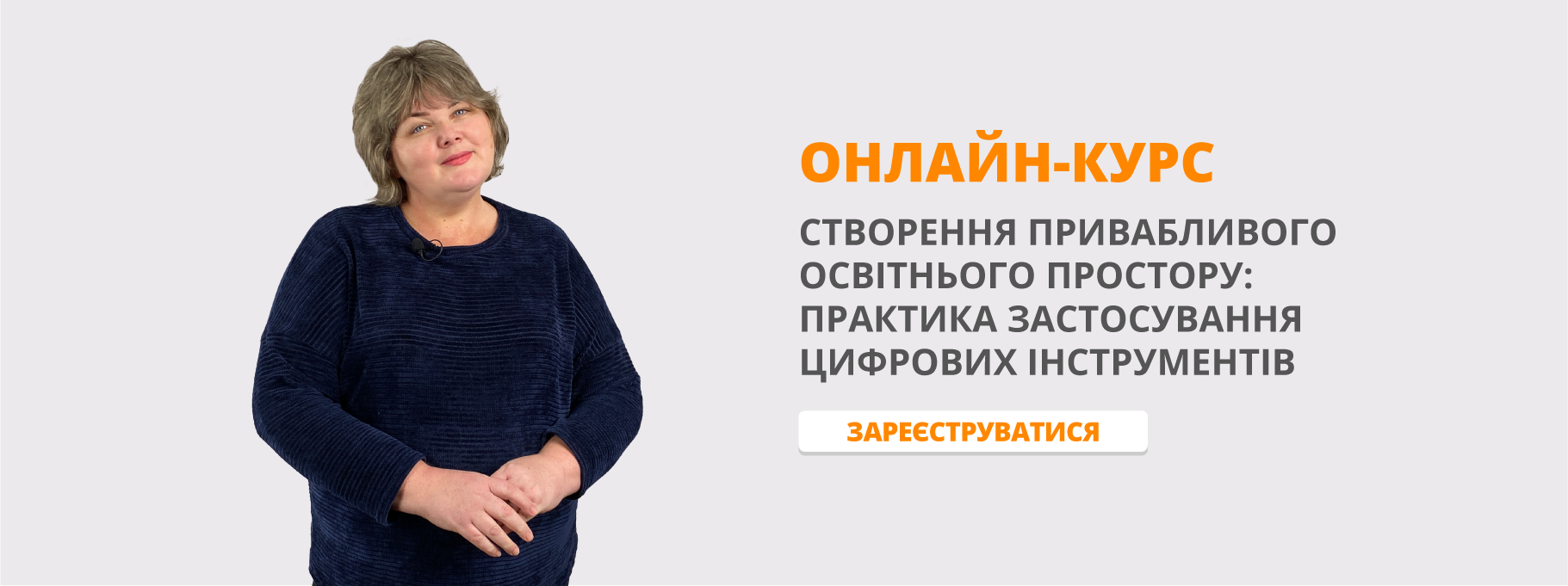Розробка уроку "My Family"
Модель уроку на тему "Моя сім'я" у 2 класі. На уроці використовуються інтерактивні методи навчання. Дітям цього віку цікаво гратися, тому урок побудовано в ігровій формі, з використанням пісень на відомі мотиви та цікаві ігри.
Розробка уроку до підручника "Англійська мова"2 клас, автор А. Несвіт. (Використання римIвок, пісень, руханок та ігoр під час навчання).
Topic: "My Family".
Objectives:
- To introduce and practice the structure "I have got; he/she has got..."
- To learn a chant about the verb to have to the tune of the song: "There was born a little fur-tree in the forest".
- To practice a grammar structure: "Have you got a family?" Has he/she got a family?
Competence: Civil responsibility ─ making a model of behavior at school.
Vocabulary: Family, father, mother, sister, brother, granny, grandpa, big, small.
Structure:
I have (I've) got a family. It isn't big. I have got a father, a mother and a sister
Have you got a family? ─ Yes, I have.
Materials: Photos of the family members, pictures and audiofile of a song. . . .
Outcomes:
- By the end of the lesson Ps will tell the class about their family using the grammar
structure: "I have got a family.”
- They will sing a chant with the verb "to have" to the tune of the song: "There was born
a little fur-tree in the forest".
Warm up:
Start the lesson entering your classroom and saying: "Hi!” and introduce a doll: “It is Betty. It is from the UK. It will ask you questions. Then you will do it.”
- What's your name?
- How old are you?
- Where are you from?
- Where do you live?
Presentation:
1. T: Look at the blackboard. What can you see? Ps: A picture.
T: Whom can you see? Ps: A father, a mother, a sister and a brother.
T: How can we call them all together? Ps: A family.
2. T: Let's sing a song with the verb "to have".
3. T: And now let’s learn a poem "My Family":
I have got a mother.
I have got a father.
I have got a sister.
I have got a brother.
Mother, father, sister, brother
Hand in hand with one another.
4. Divide the children into three groups. Tell them to take out their family photos. In turns Ps show them and tell the class about their families using "I have got".
5. TPR ─ total physical response.
(Руханка)
Stand up! Hands up! Hands down! Hands on hips! Sit down! Stand up! Say and show:
I have got two eyes and I can see.
I have got two ears and I can hear.
I have got a mouth and I can talk.
I have hot two legs and I can walk.
Sit down, please.
6. Listen and repeat (ex.2, p.12)
Read the dialogues and act them out. In pairs Ps read and act out the dialogue 1. Only one or two pairs act it out. Then Ps read and practice dialogue 2 in pairs. Only one or two pairs act it out.
Reading and writing.
Complete and say (ex.4, p.13)
Write the sentence leaving the gaps for the verb "to have".
Do the task together with the pupils explaining why you use "have" or "has".
Speak English (ex.5, p.13).
Pupils listen to the story about a relative:
"I have got a brother. His name is Vlad. He is big. He is 12. He is from Ukraine.
He lives in Kamianske. He has got many friends.”
Ending the lesson.
Game: Number Bingo
Pupils draw a six-square bingo frame and write different numbers from 0 to 10 in each square of the frame. T. calls the numbers randomly. Ps cross out the number they hear. The pupil who crosses out all the numbers first is a winner.
Hometask.
Learn the new words.
Learn the forms of the verb "to have".
Summing up.
What did you like best?
You worked very well. Well done!
Farewell.
─ Stand up, please! Goodbye, children!
─ Goodbye, teacher!
One, two, three ─ we are free!


про публікацію авторської розробки
Додати розробку
